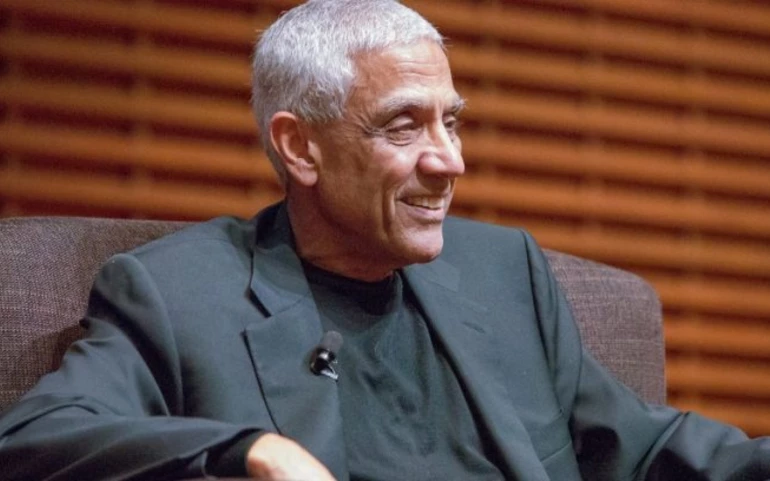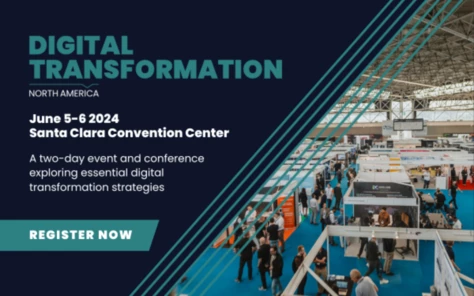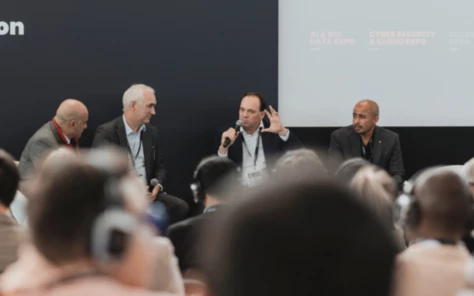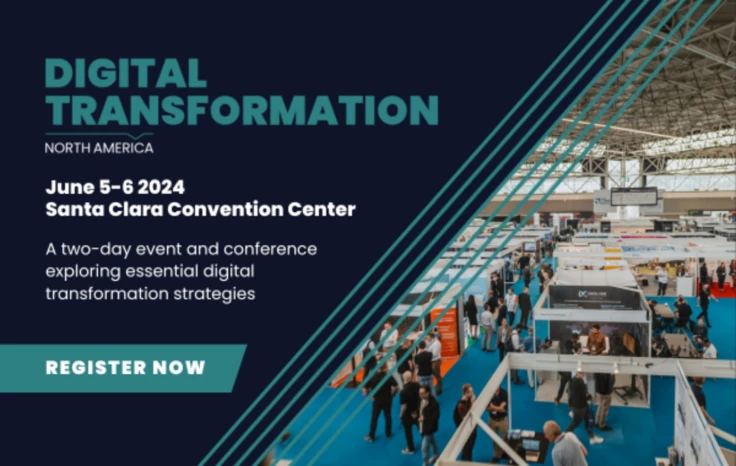Top 10 Ways to Prevent AI Bias
CIO role will grow as AI takes over, says Sun Microsystems co-founder

Artificial intelligence is changing the way businesses and organisations operate and manage every department, and that pace of change will accelerate.
In order to find the dramatic efficiencies and productivity gains AI will enable, the role of the chief information officer will become absolutely critical.
These are the views of tech industry veteran Vinod Khosla, founder of Khosla Ventures and co-founder of Sun Microsystems.
In an interview with the Wall Street Journal, Khosla said: “Almost every function in a company can get dramatically enhanced. And that’s the opportunity for CIOs. All these jobs that will be eliminated by AI, the CIOs are going to drive that change.”
The fundamental role of a CIO, argued Khosla, is “economic efficiency”, although each industry, enterprise and organisation may have different and specific additional requirements.
But ultimately, said Khosla, it’s about using technology in the most optimal way to save money as well as make money.
“There is nobody other than the CIO qualified to judge that. And within an industry, it’s simple, productivity metrics, it’s numbers.”
Khosla subscribes to what some might say is the more sensational headlines regarding the effects of AI, especially when it comes to job losses.
“I looked at the top 20 job categories he said. “It was clear to me in most categories greater than 50% of the jobs will go away.
“If I’m the CIO, I want to be driving that, because the first one to drive it will have an economic advantage over every competitor in their industry.
“That makes this job really exciting.”
Khosla spoke of a variety of technologies as well as AI, such as robotics and 3D printing, which he believes will gradually have a big impact on global economies going forward.
For example, he speaks of manufactured products which feature “extreme customisation” so they are essentially tailored to an individual customer’s requirements.
It can be a pair of shoes or a larger product such as a car.
Data processing, digital design and 3D printing will enable this new environment, which is sometimes referred to as “mass customisation”.
The effect of this new way of doing things, said Khosla, will be to reduce the supply chain because goods can be manufactured nearer the customer.
This also would reduce warehousing and inventory costs, as well as wastage and unsold products.
“It’s a radical change,” said Khosla.
He added that he believes that people under 35 will have “a very different ethic” and will be less likely to buy from brands that are not socially responsible.

























